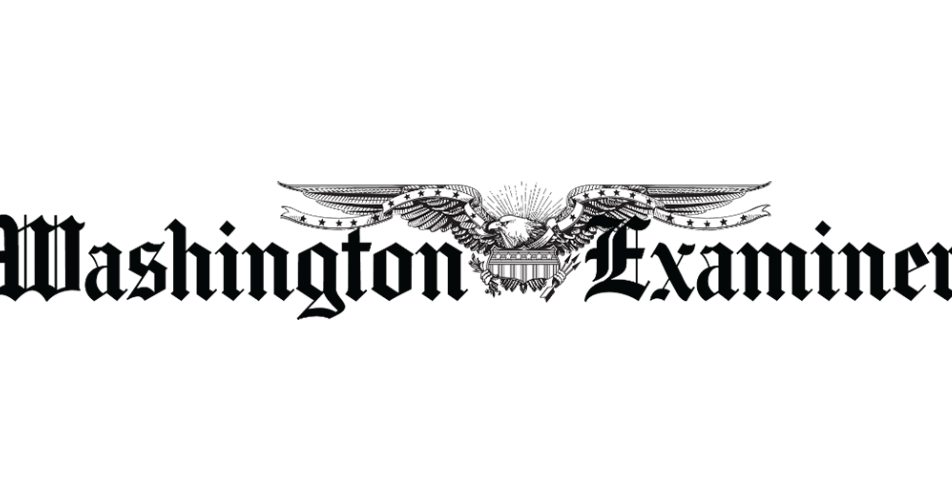A U.S. federal judge has struck down President Donald Trump's executive order aimed at penalizing individuals associated with the International Criminal Court (ICC), labeling it an unconstitutional infringement
Did You Know
Canada has more lakes than the rest of the world's lakes combined.
?
AD
on free speech. In a landmark ruling, Judge Nancy Torresen emphasized that the order likely violated the First Amendment. This decision illustrates the complexities intersecting U.S. law and international norms, particularly as tensions between national interests and global justice continue to rise.
The repercussions of the ruling are underscored by the recent arrest of Khaled Mohamed Ali El Hishri, a Libyan national accused of egregious war crimes during his tenure as a senior official at a prison notorious for torture and abuses. Taken into custody in Germany under a warrant issued by the ICC, El Hishri's arrest marks a significant step in pursuing justice for victims of monstrous acts during Libya’s tumultuous conflict. This case highlights the ICC's commitment to addressing impunity.
The convergence of these two events speaks volumes about the ongoing struggle for accountability in international law. As the U.S. grapples with its foreign policy approach toward entities like the ICC, the need for a coherent strategy that respects both national sovereignty and global judicial efforts becomes increasingly urgent. This dual narrative of legal battles at home and justice sought abroad encapsulates the intricate dance of diplomacy, legality, and humanity’s quest for justice in an interconnected world.
Q&A (Auto-generated by AI)
What is the ICC and its role?
The International Criminal Court (ICC) is an international tribunal established in 2002 to prosecute individuals for crimes such as genocide, war crimes, and crimes against humanity. It aims to hold accountable those responsible for serious violations of international law, providing a legal framework for justice when national courts are unable or unwilling to do so. The ICC operates independently of the United Nations but works in cooperation with it and member states. Its jurisdiction is limited to crimes committed on the territory of member states or by their nationals.
What led to Trump's executive order?
President Donald Trump's executive order targeting the ICC was prompted by accusations that the court exhibited anti-U.S. bias and antisemitic behavior. The order sought to penalize individuals associated with the ICC, particularly in response to its investigations into U.S. military actions in Afghanistan and potential war crimes. Trump and his administration viewed the ICC as a threat to U.S. sovereignty and criticized its jurisdiction over American citizens.
How does this ruling affect free speech?
The ruling by Judge Nancy Torresen deemed Trump's executive order an unconstitutional infringement on free speech. By attempting to penalize individuals collaborating with the ICC, the order was seen as a violation of the First Amendment, which protects the rights to free expression and association. This ruling reinforces the principle that government actions cannot unduly restrict individuals' rights to engage in international legal processes or express opinions about them.
What are the implications for U.S. foreign policy?
The blocking of Trump's executive order has significant implications for U.S. foreign policy, particularly regarding its relationship with international legal institutions like the ICC. It may signal a more cooperative stance towards international law and accountability, potentially allowing for greater engagement with the ICC. However, it also raises questions about the U.S. commitment to protecting its citizens from foreign legal actions and how it balances national interests with international obligations.
What historical precedents exist for this case?
Historical precedents for judicial rulings on executive orders include cases like Youngstown Sheet & Tube Co. v. Sawyer (1952), where the Supreme Court limited presidential power over national matters. Similar cases have addressed the balance between executive authority and constitutional rights. The challenge to Trump's order echoes past instances where executive actions faced legal scrutiny for potentially infringing on civil liberties or constitutional protections, emphasizing the judiciary's role in checking executive power.













